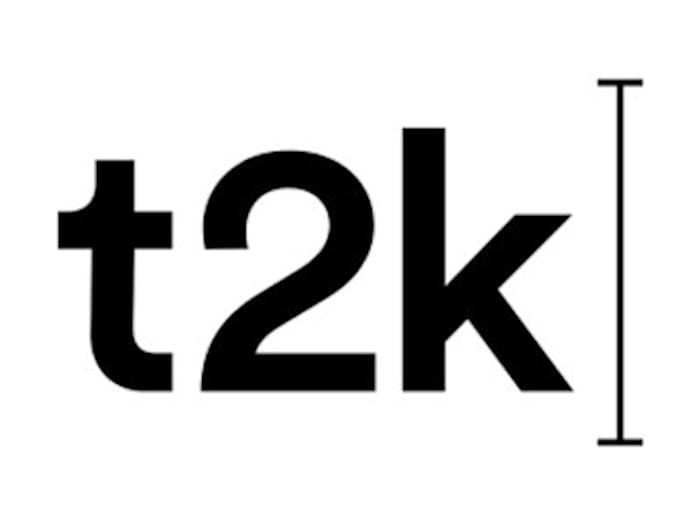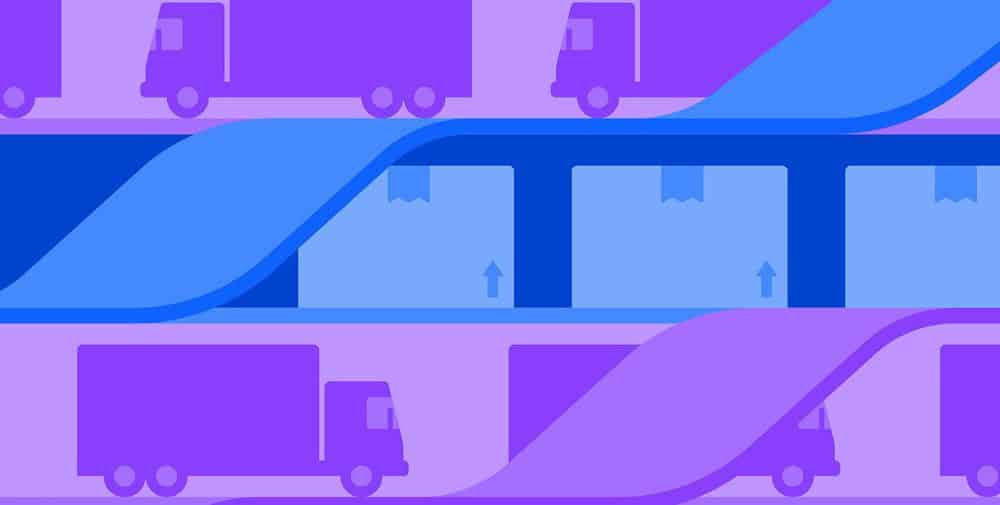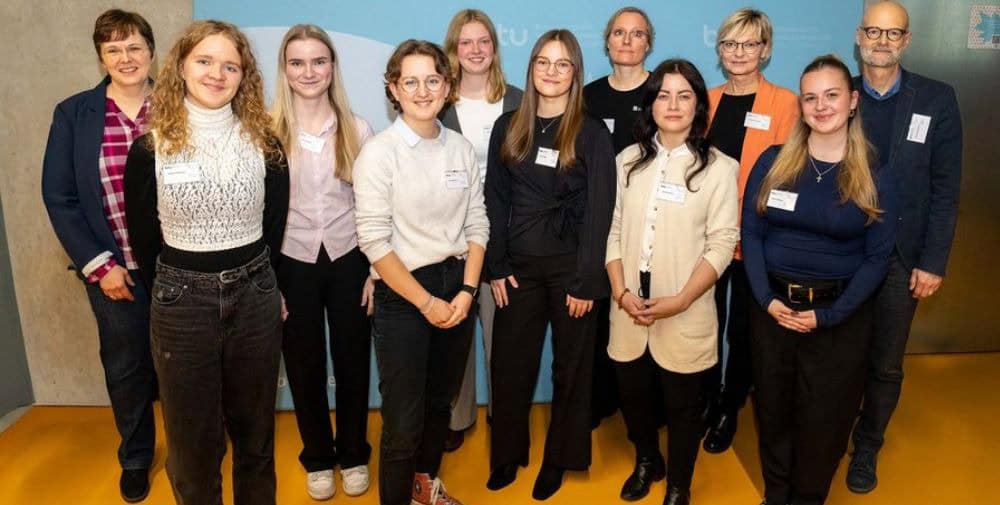
Who needs language simplification?
Basically, we believe: Almost everyone and anyone needs one type of language simplification or another in different situations. The reasons for this vary: foreign-language technical terms or abstract formulations make reading difficult. On the other hand, a lack of time or stress mean that we cannot concentrate well and find it difficult to absorb information – especially if it is scattered throughout the text. However, there are also people who find reading fundamentally difficult: the BMBF estimates that over 12% of the working-age population in Germany cannot read and write adequately, with half of these people in employment. And the University of Würzburg estimates that there are over 3 million dyslexics living in Germany.
Other population groups that can benefit from language simplification are:
- People who are proficient readers in their native language but still need to learn German,
- Children and older people, especially those suffering from a neurodegenerative disease such as dementia,
- People with learning difficulties. The so-called “easy language” is aimed at them.
The AI-supported Social Knowledge Graph – a solution for everyone?
t2k has been working on this topic since 2021. t2k – together with HTW Dresden – was awarded a prize in the BMAS “Civic Innovation” ideas competition for the idea of developing an automatic translator from standard German into easy language. Now, with the support of the “Civic Innovation” funding program, the company is integrating the translator into a knowledge graph for citizen-friendly communication.
The aim of the project is to develop tools that use artificial intelligence and a structured knowledge representation to make knowledge relevant to everyday life quickly and easily available. In concrete terms, this means:
- We simplify the acquisition of information by structuring, summarizing and enriching relevant data: Important information should be structured, marked and enriched with additional information using the knowledge graph in such a way that it can be quickly translated into the required actions. For example: If you want to register your child at the nearest daycare center, you should no longer have to laboriously search for telephone numbers, office hours and contact persons from the more or less well-formulated texts on individual websites, because the knowledge graph has already done this automatically. It now presents the data in a simple view.
- We simplify the absorption of information by “translating” complex texts into German that is as easy to read as possible: those who have difficulty reading can be supported by a simple choice of words, a compact sentence structure and reduced linguistic means. With our specially trained translator – not an OpenAI derivative, by the way – we convert formulations that are difficult to understand into texts that are easier to read.
Difficult-to-read input (a text from our project partner, the Wunsiedel District Office in the Fichtelgebirge):
“More than 90 percent of older people live in their familiar apartments or houses and want to stay there. But most apartments and houses do not meet the changing needs of old age. The step into the bathtub is too high, the steps at the entrance can no longer be negotiated or the balcony is no longer used due to the threshold. These deficits can be compensated for with the help of home adaptation measures. The measures range from structural changes such as the installation of a level-access shower, door widening and ramps to the use of aids and the reorganization of the entire home: for example, the living room can become a bedroom if the stairs upstairs cannot be negotiated. But modern technology, such as an automatic stove switch-off, electric blinds, a motion detector for the front door and light sensors on the floor can also make everyday life much easier.”
Easier to read:
“More than 90 percent of older people live in their familiar homes. But most homes are not made for old age. This means: the step into the bathtub is too high. Or the balcony can no longer be used! This can be compensated for with the help of home adaptations. The measures range from installing a level-access shower, widening doors and ramps to reorganizing the entire home. But modern technology can also make everyday life much easier.”
Work on the translator is ongoing. Of course, the target groups mentioned above – children, older people, people with learning difficulties, etc. – have very different requirements in terms of language simplification, so there can be no “one size fits all”. Accordingly, the draft standard “DIN SPEC 33429:2023-04 – Draft: Recommendations for German Easy Language” distinguishes between two levels of language simplification:
- Easy Language, a very extensive level of simplification described in detail in the draft, which is aimed at people with learning difficulties, and
- Simple Language, which is aimed at all other target groups.
t2k aims to develop adaptive text simplification that meets the needs of different target groups.
The “Civic Innovation” funding project
Thanks to the “Civic Innovation” funding project, there is now an opportunity not only to further develop AI-supported automatic text simplification, but also to integrate it into the knowledge infrastructure of the Knowledge Graph and test it together with practice partners. The following organizations are working on the project together with t2k:
- Venus GmbH is developing the Knowledge Graph.
- The Pfennigparade Foundation is a leading player in the field of inclusion and represents the interests of people with learning difficulties with regard to the preparation of information in the Knowledge Graph and automatic language simplification in the project.
- The district of Wunsiedel im Fichtelgebirge is evaluating the project results as a practice partner.
The aim of the project is to use the AI-supported Social Knowledge Graph to develop software that enables public administration in particular, but also other large organizations, to make knowledge and information accessible to everyone with reasonable effort and in an easily accessible form – in terms of content through structured preparation and linking of data and linguistically through automatic text simplification.
The funding for the “Civic Innovation” project comes from the Federal Ministry of Labor and Social Affairs.
– – – – – –
Further links
👉 https://text2knowledge.de
Photo: pixabay




